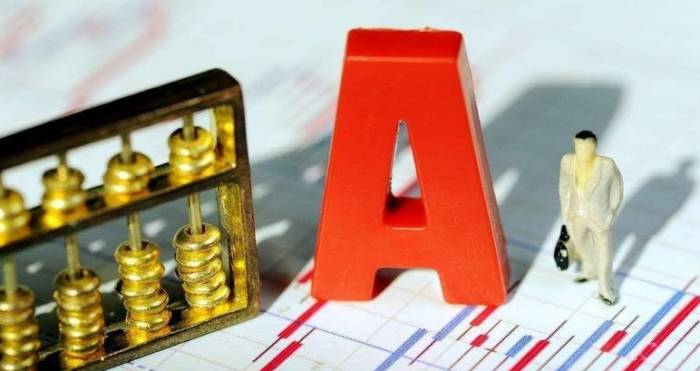Some time ago, the U.S. Treasury market was relatively stable, as everyone felt that inflation had been brought under control, leading to a slow decline in Treasury yields and a certain rebound in Treasury prices.
By yesterday afternoon, the yield on the 10-year U.S. Treasury had risen above 3.75%, marking the highest record in over a month.
At the same time, the inversion phenomenon between the 10-year and 2-year U.S. Treasury yields is still ongoing, and the degree of inversion occasionally sets new records.
Based on past empirical data, this phenomenon often implies that the U.S. economy will fall into recession, but there are various predictions about whether the U.S. will experience a hard or soft landing.
This has also led to the U.S. stock market halting its previous rebounding trend and experiencing greater volatility.
Due to the announcement of the latest CPI data by the United States on Tuesday, there was a noticeable decline in U.S. stocks last week.
However, after a few days of panic, the market regained confidence in the control of inflation, with investors generally believing that the latest CPI data is expected to further decline, with the market currently forecasting a year-on-year drop to 6.1%, a decrease of 0.4 percentage points from the previous month's 6.5%.
As a result, U.S. stocks opened last night with continuous gains, and in the end, all three major indices rose by more than 1%, with the Nasdaq index even reaching a gain of 1.5%.As a result, the annual increase of the Nasdaq index has once again returned to a level close to 15%.
A series of technology stocks all rose.
Apple and Amazon saw gains close to 2%, while META, Netflix, and Microsoft rose by more than 3%.
The performance of chip stocks was also good last night. Intel, Nvidia, and AMD all increased by more than 2%.
The new energy sector also mostly rose, with Tesla and XPeng seeing gains between 1% and 2%, and Li's increase exceeded 4.6%.
However, some analysts have pointed out that the market may be overly optimistic about economic data, and there is a possibility that the stock market could fall again if the CPI data released does not meet expectations.
03

Economists generally believe that the United States is hard to avoid a hard landing, but U.S. officials have repeatedly reminded that the current economic data is not too bad, and the chance of a soft landing for the U.S. economy is increasing, especially when inflation begins to decline and the job market is not too damaged. The Biden administration is more confident about this.
However, recently, some economists have also proposed a third possibility that almost no one thought of, which is a complete non-landing.
It is necessary to clarify the issue of landing here. The so-called hard landing refers to the deep recession of the U.S. economy while solving inflation.The soft landing, corresponding to this, refers to inflation being under control, but with only a moderate slowdown in economic growth.
Whether it's a hard landing or a soft landing, both predict a slowdown in future economic growth rates, with the difference being the degree of harm in the slowdown process.
Economists from Barclays have pointed out that despite the United States experiencing the highest inflation in nearly 40 years and the most severe monetary tightening, the U.S. economy could rebound quickly, with no slowdown or even recession in economic growth rates.
This may sound like good news, but the Chief Economist at Morgan Stanley has indicated that it's merely delaying the bursting of the bubble, and in the end, the issue of facing a hard or soft landing still remains, with the likelihood of a hard landing increasing if this is the case.
Moreover, what's most concerning is that if the economic growth rate recovers quickly, the Federal Reserve may have to repeatedly raise interest rates, potentially reaching over 6%.
The prolonged interest rate hike cycle cannot be ignored for its impact on U.S. stocks and bonds.
post your comment